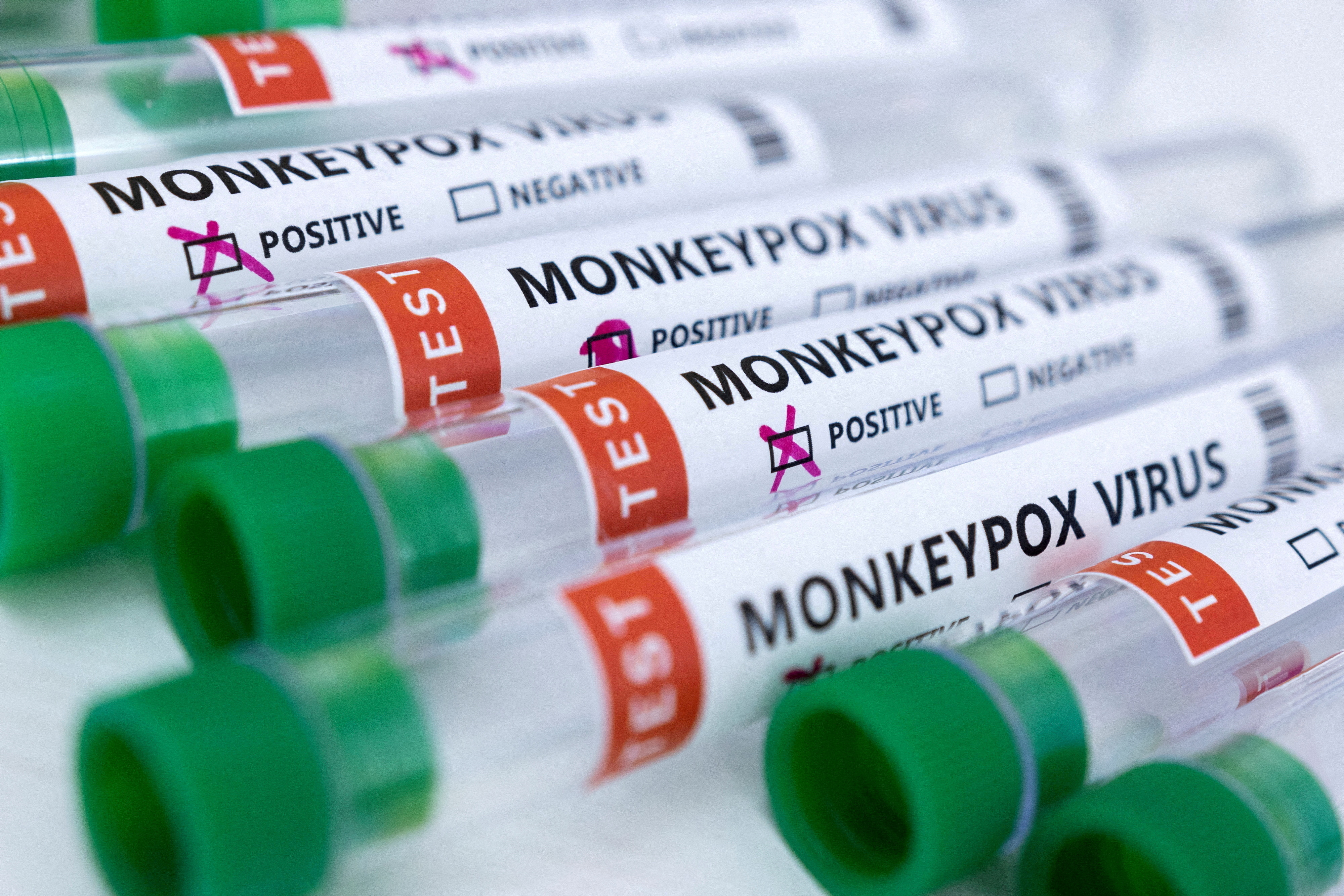Health authorities on Tuesday assured that the risk to Cyprus regarding monkeypox (Mpox) remains low, following the report of the first monkeypox case of the year over the weekend.
The ministry urged vigilance, emphasising that self-protection measures and vaccination for high-risk groups can keep transmission under control.
In its statement, it noted that the risk assessment for the general population regarding monkeypox (Mpox) remains low, according to the European Centre for Disease Prevention and Control (ECDC).
Cyprus recorded five confirmed cases in 2022, none in 2023, and one confirmed case on Sunday, December 15, 2024.
To minimise risks, the ministry recommends avoiding physical contact with symptomatic individuals, frequent handwashing with soap or sanitiser, maintaining personal protective measures, physical distancing, and vaccination for high-risk groups.
Possible monkeypox symptoms include a vesicular rash on the face, hands, feet, genitals, or perianal areas, fever, swollen lymph nodes, headache, muscle pain, and fatigue.
The ministry noted that animal-to-human transmission can occur through contact with blood, body fluids, or skin lesions of infected animals or consumption of undercooked meat. Human-to-human transmission occurs via contact with respiratory secretions, skin lesions, recently contaminated objects, prolonged face-to-face contact, or close contact during childbirth, household exposure, or sexual contact.
Close contacts include sexual partners, household members, individuals sharing clothing or objects with an infected person, healthcare workers, or co-travellers sitting near an infected individual for ≥8 hours.
Those presenting symptoms or identified as close contacts should consult their personal doctor for guidance.
Travellers to high-risk countries (Congo, Uganda, Burundi, Kenya, Rwanda) are advised to consult their physician or vaccination centres at least six weeks before travel to assess vaccination needs and receive tailored advice. Preventative measures include avoiding contact with infected individuals, wild animals (especially rodents), contaminated surfaces, and patient-used items. Travellers should avoid consuming or preparing wild animal meat and seek immediate medical care if unexplained skin rashes develop during or after travel.
If symptoms occur within 21 days after returning, individuals should inform their doctor or paediatrician. Vaccination is strongly recommended for travellers to affected areas, individuals caring for confirmed cases, or those with multiple or unknown sexual partners. Close contacts are advised to be vaccinated within four days of exposure, with the window extendable to 14 days to reduce severe symptoms.
For further information, the public can contact 22605678, 22605456, or email [email protected].






Click here to change your cookie preferences